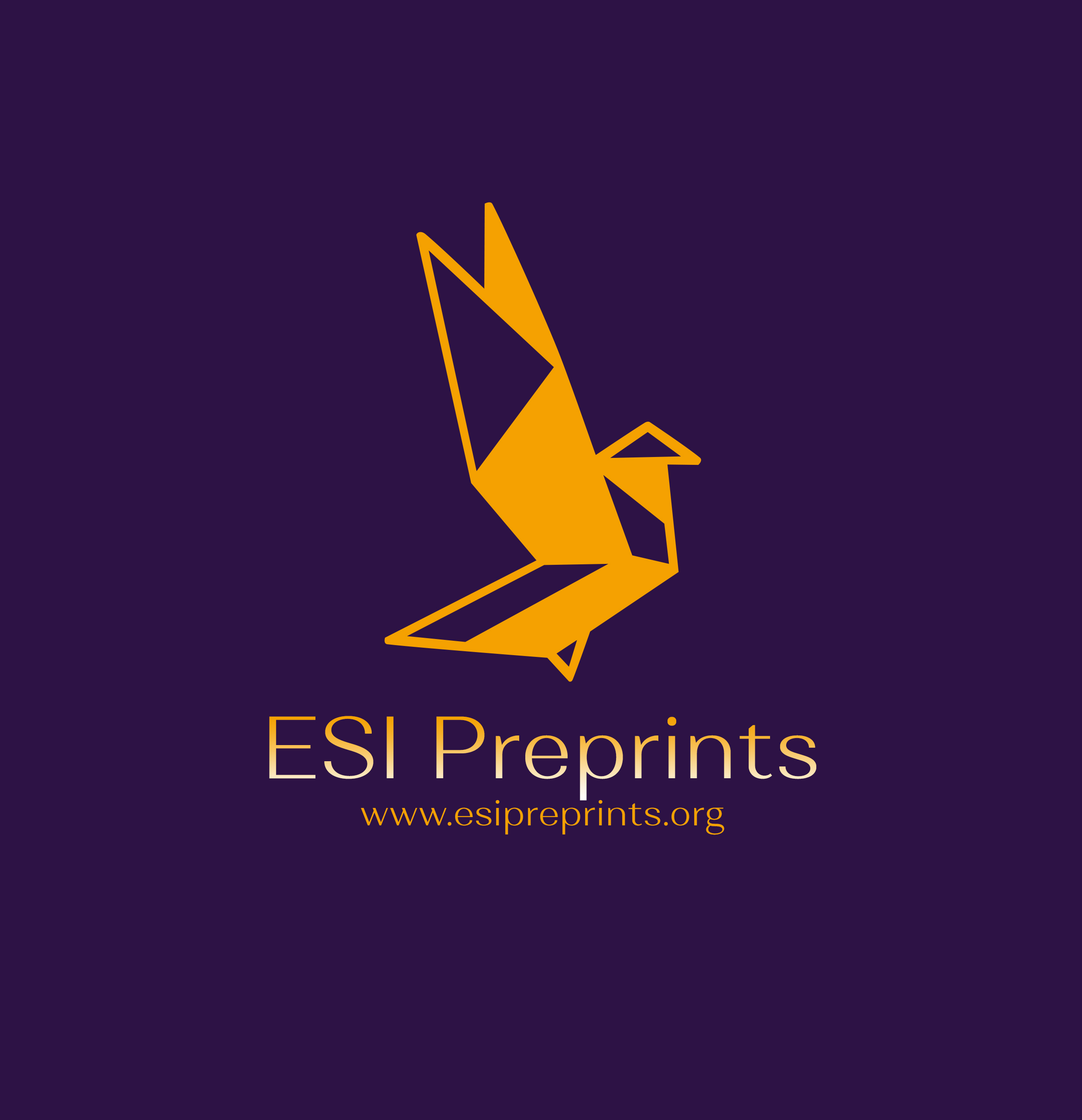A Critical Study of Matthew 18:15-18 in New Testament Greek and Selected Akan Mother-Tongue Translations: Implication for Peace-Making in Ghana
Abstract
Current research suggests that the globe is growing more fractured, less peaceful, and riskier for future generations. The world has seen family, marriage, community, and national conflicts in recent years. Ghana has ethnic conflict in many areas despite its low sub-regional conflict score. In a country where over 70% of the population is Christian, contextualising the sacred text to provide a biblical peace approach is crucial. The study examined Matthew 18:15–18 exegetically to inform Ghanaian peace-making initiatives. The study proposes that Ghanaian Christians’ peace-making efforts could benefit from Jesus Christ's teachings in Matthew 18:15-18 interpreted in the Akan mothers’ vernacular.
Downloads
References
2. Asamoah, Emmanuel Foster. (2020). “Resurrecting the Gospel in a Native Environment: An Evaluation of Some Translation Models.” The International Journal of Humanities & Social Studies 8(11). Retrieved from https://doi.org/10.24940/theijhss/2020/v8/i11/HS2011-031.
3. Asamoah, Emmanuel Foster. (2020). “The Bible and Akan Traditional Religious Values: A Search For Dialogue.” Journal of Mother-Tongue Biblical Hermeneutics and Theology (MOTBIT) 2(2): 78-86.
4. Asamoah, Emmanuel Foster. (2022). “Towards Solving the Synoptic Problem for African Biblical Exegesis.” Journal of Arts and Humanities 11(5): 41-50.
5. Asante-Twi Twerɛ Kronkron. (2012). “The Asante-Twi Holy Bible.” BSG/UBS.
6. Asante-Twi Twerɛ Kronkron. (2020). “The Asante-Twi Holy Bible.” BSG/UBS.
7. Asante-Twi Twerɛ Kronkron. (2021). “The Asante-Twi Holy Bible.” BSG/UBS.
8. Barnes, Albert. (2005). New Testament Commentary, Power Bible CD. Bronson, MI: Online Publishing, Inc.
9. Ben-Nun, Liubov. (2021). Social Dynamics of Gossip. Israel: B. N. Publication House.
10. Danquah, J. B. (1968). “The Akan Doctrine of God. Second Edition with new introduction by Kwesi A. Dickson. London. Frank Cass & Co.” Ltd.
11. Ekem, John David Kwamena. (2009). Priesthood in Context: A Study of Priesthood in Some Christian and Primal Communities of Ghana, and Its Relevance for Mother-tongue Biblical Interpretation. Son Life Press.
12. Fee, Gordon, D. (2002). New Testament exegesis: A handbook for students and pastors. Westminster John Knox Press.
13. Ghana Statistical Service (GSS). (2010). Population and Housing Census: Summary Report of Final Results. Accra: Sakoa Press Ltd.
14. Global Network of Religions for Children. (2018). “The Need for Peaceful Coexistence”. Retrieved on August 22, 2022, https://gnrc.net/en/blog/3942-the-need-for-peaceful-coexistence.
15. Institute for Economics & Peace, Global Peace Index 2022. (2022). “Measuring Peace in a Complex World” Sydney, June 2022, 10. Retrieved from http://visionofhumanity.org/resources.
16. Kariuki, Francis. (2015). Conflict Resolution by Elders in Africa: Successes, Challenges and Opportunities. Available at SSRN: http://dx.doi.org/10.2139/ssrn.3646985
17. Ladd, George Eldon. (1994). A theology of the New Testament. Wm. B. Eerdmans Publishing.
18. Mustajoki, Arto Samuel. (2015). Causes of Misunderstanding, Revised by Matthew Billington. Retrieved on August 22, 2022, https://375humanistia.helsinki.fi/en/arto-mustajoki/causes-of-misunderstanding.
19. Nelson, D. L. and Quick J. C. (1977). Organisational Behaviours Foundations, Realities and Challenges. New York: West Publicly Co.
20. NIV Cultural Backgrounds Study Bible. (2016). The Gospel of Matthew. Grand Rapids, MI: Zondervan.
21. Nun, Ben. (2021). “Social Dynamics of Gossip.” Israel: B. N. Publication House.
22. Nwoma Krɔnkrɔn. (2019). The Fante Full Bible, BSG/UBS.
23. Obeng, Ignatius Joseph. (n/d). Conflicts and Peace Studies, Lecture notes. Winneba, GH: University of Education.
24. Rydelnik, Michael, and Michael G. Vanlaningham, eds. (2014). The Moody Bible Commentary. Chicago: Moody Publishers.
25. Tenney, Merrill C. (2003). New Testament Survey. Revised by Walter M. Dunnett. Grand Rapids: Wm. B. Eerdmans Publishing Company.
26. Thayer, Joseph H. (1997). “Thayer’s Greek-English Lexicon of the New Testament. 4th.”
27. The Holy Bible (Twerɛ Kronkron). (2013). New Testament English-Twi Version. Ghana: New Word Publishing (GH) Limited.
28. The Holy Bible. (Twerɛ Kronkron) (2012).. New Testament English-Twi Version, Ghana: New Word Publishing (Ghana) Limited.
29. Tsikata, Dzodzi, and Wayo Seini. (2004). “Identities, Inequalities and Conflicts in Ghana.”
30. Van der Geest, Sjaak. (1998). “Ɔpanyin: the ideal of elder in the Akan culture of Ghana.” Canadian Journal of African Studies/La Revue canadienne des études africaines 32(3): 449-493.
31. Wiersbe, Warren W. (2007). The Wiersbe Bible Commentary: New Testament. David C Cook.
Copyright (c) 2023 Emmanuel Foster Asamoah, Ebenezer Tetteh Kpalam

This work is licensed under a Creative Commons Attribution 4.0 International License.








